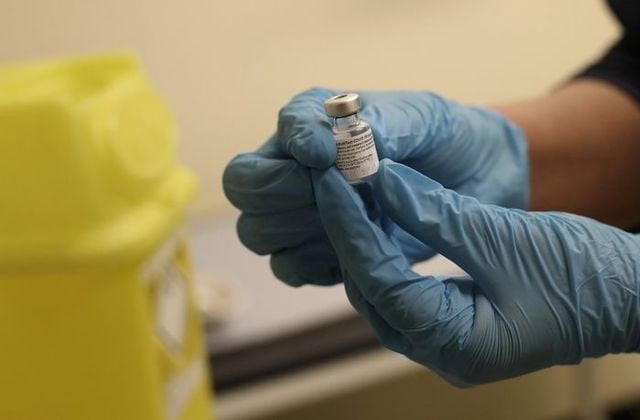New research points to changes in Covid-19
QAU National Centre for Bioinformatics Chairman Dr Amir Ali Abbasi co-led the research

Researchers of the Quaid-i-Azam University (QAU), in collaboration with foreign partners, have identified critical changes in multiple co-circulating novel coronavirus types in the country.
A research article published in the medical journal Genes and Immunity – Nature, identified critical changes in the virus upon its transmissions in different countries, including Pakistan.
QAU National Centre for Bioinformatics Chairman Dr Amir Ali Abbasi co-led the research in collaboration with partners from China and the USA.
These specific changes have seen the virus begin to inhibit the human immune system and, as a result, spread far more quickly to the lower respiratory tract and cause a severe respiratory syndrome, he shared.
Dr Abbasi stated that their findings can assist in designing small-molecule inhibitors that perturb specific functions of the virus in the suppression of the host’s immunity, which may help reduce the disease burden and assist recovery of patients.
He said that the research team screened genomes of over 160 viruses from 40 countries around the world.
“Their results also add to a growing body of evidence that Covid-19 shares a common ancestor from late 2019,” he added, mentioning that this was when the virus jumped from a previous animal host into humans.
Dr Abbasi stated that Pakistan is currently facing the second wave of the virus, therefore, there is an urgent need to generate and analyse large scale genetic data on Covid-19 to understand its spread in the country. APP



















COMMENTS
Comments are moderated and generally will be posted if they are on-topic and not abusive.
For more information, please see our Comments FAQ